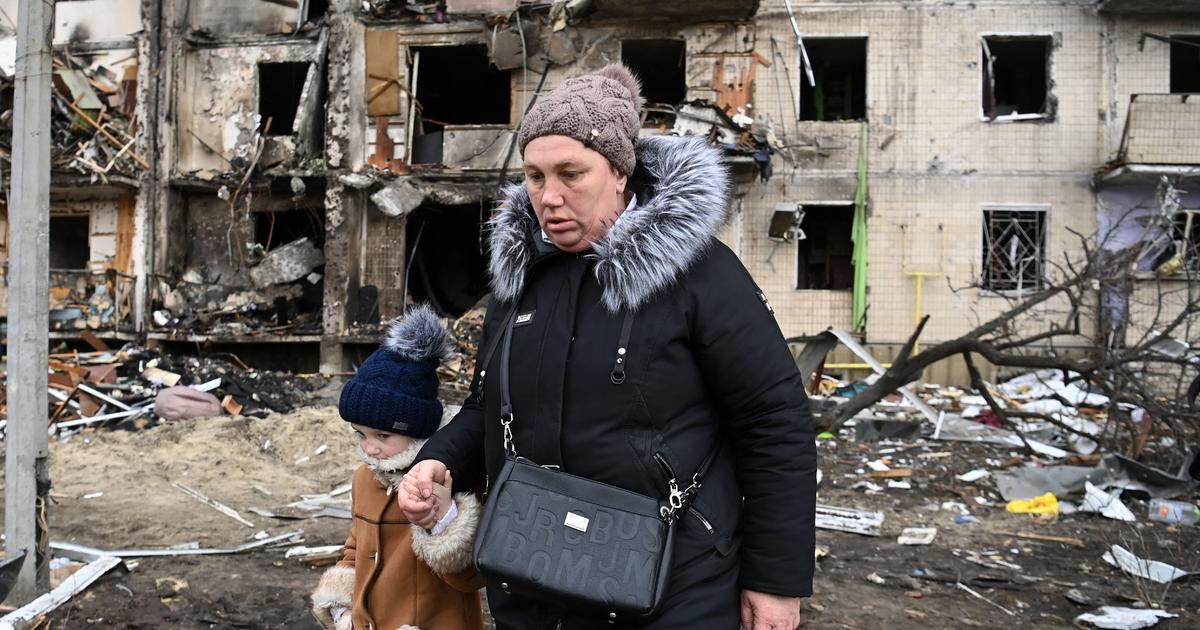
United Nations – U.N. Secretary-General António Guterres called Russia’s military offensive “wrong” and “unacceptable” but “not irreversible.”
Guterres had a message for Russia’s President Vladimir Putin: “Stop the military operation. Bring the troops back to Russia.”
The U.N. chief said the protection of civilians is the first priority of the United Nations and it was “scaling up” its humanitarian operations in and around Ukraine. He also announced the allocation of $20 million from an emergency response fund to meet urgent needs.
“We and our humanitarian partners are committed to staying and delivering, to support people in Ukraine in their time of need,” he said.
The secretary-general’s spokesman, Stéphane Dujarric, told CBS News some personnel were being relocated and staff were instructed to “take necessary precautions.”
“A core group of mission-critical staff remains working in the areas around the line of contact,” Dujarric said.
Guterres said U.N. staff are “working on both sides of the contact line, always guided by the humanitarian principles of neutrality, impartiality, humanity and independence.”
As of Thursday, the number of U.N. staff in Ukraine is 1,573, Farhan Haq, the secretary-general’s deputy spokesman, told CBS News.
“Some staff are being relocated, but some others came in as surge capacity over the past day,” Haq said.
Other agencies of the U.N. have personnel in Ukraine. The World Food Program is also staying.
“We are deeply concerned about the evolving conflict in Ukraine and its potential impact on access to food for civilians in affected areas and on our operations globally,” said David Beasley, the agency’s executive director.
“The Black Sea basin is one of the world’s most important areas for grain and agricultural production, and the food-security impact of the conflict will likely be felt beyond Ukraine’s border, especially on the poorest of the poor,” he said.
The agency said an interruption to the flow of grain out of the region will “increase prices and add further fuel to food inflation at a time when its affordability is a concern across the globe following the economic damage” from the COVID-19 pandemic.

